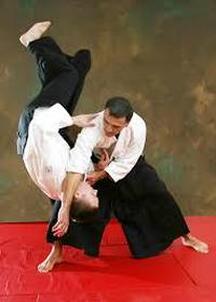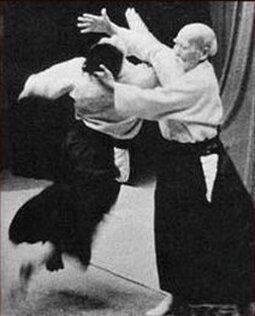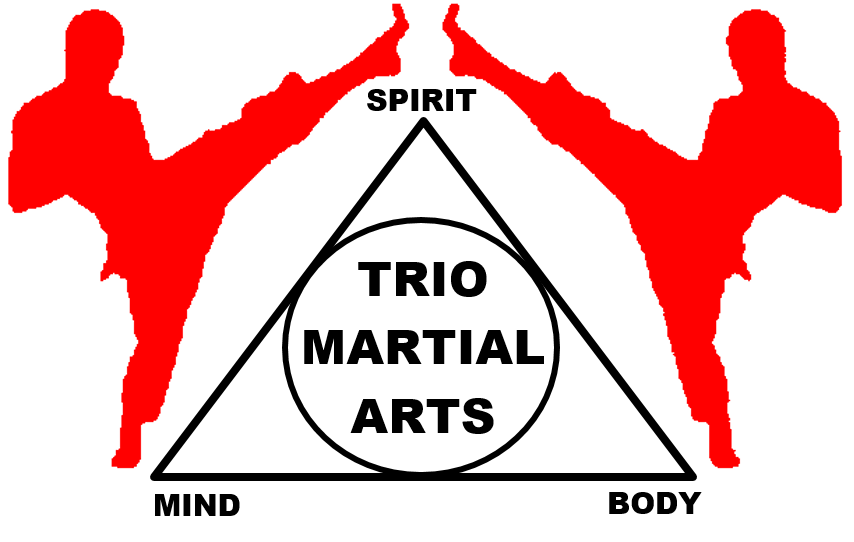|
Author: Bret Gordon  Budo has become a generic term for the martial arts as a whole, but in reality it's a word without direct translation. Therefore, it is somewhat open to interpretation. People try to place a date on the inception of Budo, to say that Budo is a modern concept following the Meiji Restoration (1868) and the end of the samurai class. They like to say that prior to that, it was all Bujutsu, pure combat with no spiritual misconceptions. While I agree that Bushido (the Warrior's Code) as we know it is a relatively modern invention, the concept of Budo is much older and is something mankind has been seeking since the beginning. To truly understand what Budo is, we need to break down the two characters 武道 that comprise it. The first character, Bu, refers to war and combat, anything martial. The suffix -do literally means "way" or "path." So does Budo translate as the "martial way?" To me, that's a very superficial interpretation, and just like everything else in Asian culture, the true meaning is hidden within. When talking about the Path, what is it a path to? Because of the spiritual undertones of Asian society, the path speaks about enlightenment. Enlightenment is to reach the highest vibration, to seek ultimate peace and understanding while transcending human suffering. But if that's true, how does war and combat make any sense being on that path? I personally translate Budo as the "path to enlightenment through the study of combat." Essentially, by studying war and combat, you are hardening the spirit to withstand and transcend the worst of human interaction, ultimately leading you to seek a higher level of peace and compassion. But isn't that the long way around? Surely there's an easier way to reach enlightenment? Maybe so, but Budo is the most profound in my opinion. I could write an entire book on this subject, so in the interest of time I will try to keep this as short as possible.  To study war and combat is to study both life and death, because what is life without death? What is death without life? Life and death are so intertwined that you cannot experience one without the other. And every time you heighten your vibration on this path to enlightenment, you must die. You must die to yourself, the old you must completely cease to exist. Only then can you reach the next level. Now, everything practiced in your studies must be done with the mindset of killing your enemy as quickly and efficiently as possible. Initially the enemy you are training to defeat is another person who means to do you harm. Eventually, you begin to understand that the true enemy is in the mirror and in your heart. Over time, you become such an elite warrior that you truly understand life can be taken in an instant and it makes you reflect on your own life. You begin to appreciate every breath, because it can be taken in the blink of an eye. When facing death, everything else that troubles you becomes minuscule and things begin to roll off your back. You learn to live each moment to the fullest, because any second could be your last. You begin to truly respect all living things. Without the reality of death shoved in your face, how can you truly appreciate life? By "reality of death," I don't mean being surrounded by suffering, because that will only create more suffering in you. It is essential that you learn and internalize your capacity to take a life, to understand the power that you possess, in order for you to truly appreciate how fragile life is. Once you can do that, you begin to take full control over your responses and reactions. You understand that every thought you have can be the difference between life and death. You understand that you alone are responsible for your emotions and your actions. Life is 10% what happens to us, and 90% how we respond to it, and when you truly understand the finality of death, your responses become far less rash. Ultimately, you grow such a disdain for death and suffering that you rise above it. Your spirit becomes hard like a rock, allowing you to fight off negative emotions by seeing the good in the bad - the silver lining. No matter what happens to you, you are alive. Survival is the only thing that truly matters. Everyone criticizes Ueshiba Morihei, the founder of Aikido, for growing soft in his later years. But think about this. Aiki is such a powerful force, one that allows you to overcome any physical assault effortlessly. It is the highest form of personal combatives because it truly demonstrates how little it takes to defeat an assailant (to read more about aiki, please click here). Now take that physical ability and that confidence, and literally drop two atomic bombs on everything and everyone. With such devastation, and knowing that you too (obviously on a smaller scale than an atomic bomb) could take someone's life instantly and without effort, wouldn't you start to preach about harmony and peace? There's a reason Kano Jigoro once visited Ueshiba's dojo and remarked, "This is my ultimate Budo."  I've often been asked, "What is mastery?" So many people respond in such a superficial manner, that mastery has to do with physical skill and ability. They say that to master a martial art is to have complete understanding of the principles of that art, and be able to teach any physical skill within that art's syllabus. Sadly, they are all wrong. To master a martial art is one thing, but to be a "master" and achieve mastery are very different things. In the martial arts, we equate those who achieve 4th or 5th Dan and higher as masters. We say that have reached such a level of skill and understanding that they have mastered everything the art has to offer. But that's not mastery. Not when Budo has such a deep and profound meaning. Mastery of Budo is simple. Well, simple to describe. It is certainly not simple to attain. Mastery of Budo is to reach enlightenment, to be a master of oneself. To have such an appreciation for life that should it all come to an end, you have no regrets. You are truly happy with who you are. Of course, we all want for something. Whether it's financial stability, a family, to travel, etc. But none of that dictates your happiness. Remember, you alone are responsible for everything in your life. If you died right now, are you truly happy? Are you at peace with yourself? That is why I get so frustrated with all these schools who focus on the superficial. Whether it's traditional or sport martial arts is irrelevant. There is a mindset that must be there in order for your training to truly be martial. How can you call yourself a martial artist if you are not pursuing the arts with a combative intent? Martial arts are quite literally skills of war. How does your cardio kickboxing class or your trophies help you reach peace and happiness? Even those schools who say they teach self defense, they usually never push the limits of realism. Self defense has nothing to do with technique, and everything to do with how you train. There is no system better than another, it all comes down to your training methods. It's not enough to teach numerous escapes or defenses for various attacks. If you are not simulating the realities of an assault, if you are not teaching how to overcome the adrenaline rush and psychological aspects of being attacked, if you are not giving your students that "Oh sh*t, I could actually die right now" feeling, then you are doing a disservice. You are creating a false sense of security, because it doesn't matter how great you are on the mat, under duress your technique will fail you if you have not trained to overcome it. So now, ask yourself. Why are you training? What is your goal in the martial arts? If you truly wish to call yourself a Budoka, it's not enough to focus on physical abilities. To be a martial artist, to be a true Budoka, is one of the most honorable things you can be. It means that you hold yourself to a higher standard, to seek happiness and inner peace. It means that you study combat with such intensity and depth that you become a warrior. You become a machine that, when necessary, can survive anything thrown at you. We train like this so that we never have to use it. We train to appreciate the sanctity of life, while having the confidence to know you are prepared for anything. It is always better to be a warrior in the garden, than a gardener thrown into battle. To me, that is enlightenment. To me, that is Budo. This article was originally published on the US Association of Martial Arts blog. To view the original article, please click here.
0 Comments
Leave a Reply. |


